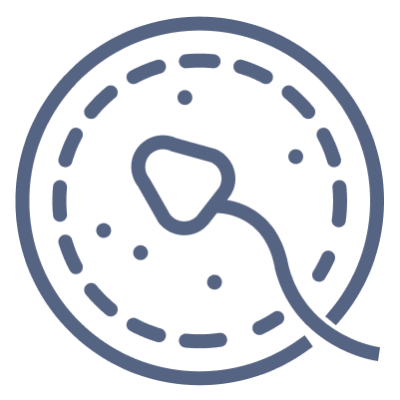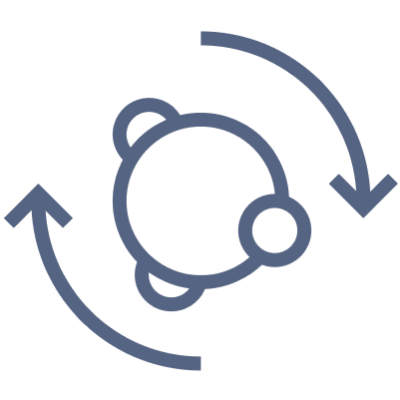Collection Method
Iodine Loading
Turn Around Time
7 Business Days Turnaround times are estimates
Description
Current public health recommendations to restrict salt intake, combined with a decline in the use of iodophors by the dairy industry and in commercial bread production, has lead to the re-emergence of this mineral deficiency around the world. Since iodine is required for the synthesis of thyroid hormones, the major indication of iodine deficiency include hypothyroid symptoms. An iodine deficiency during pregnancy can result in cretism, lowered IQ, mental retardation and stunted growth. Iodine may also play a role in the maintenance of healthy breast tissue and cancer prevention. Its antioxidant, immune regulating and estrogen modulating functions may be mechanisms by which these properties can be explained.
Research has indicated that severe iodine deficiency has more than quadrupled in Australia over the last 20 years; increasing from 2.6% to 11.7%. Even more disconcerting is the observation that nearly half of the pregnant women in these areas also have this mineral deficiency.
Iodine Loading Test: Assesses iodine deficiency firstly by measuring iodine levels in a morning spot urinary specimen (random iodine test) and the loading test analyses iodine deficiency using a much more sensitive technique. For this part of the test, 50mg of an iodine/iodide mixture is given as a loading dose and the amount of iodine excreted in the urine over the next 24 hours is measured.
If the patient is iodine deficient, the body retains the iodine and only a small quantity of the mineral is excreted into the urine. If the patient has sufficient iodine levels, the body does not retain the iodine and the majority of the iodine dosage is excreted into the 24 hour urinary sample. In contrast to the random iodine test, the iodine loading test is able to detect mild and moderate as well as severe deficiencies.
Analytes
- Creatinine
- Iodine (post loading)
- Iodine (random)
- Iodine excretion %
Test Method
Automated Chemistry
Common Conditions
 Reproductive Health
Reproductive Health- Decreased fertility
 Mental and Emotional Health
Mental and Emotional Health- Depression
 Endocrine and Hormonal Health
Endocrine and Hormonal Health- Estrogen imbalance
- Thyroid abnormalities
 Other Health Conditions
Other Health Conditions- Fatigue
- Fibrocystic breast disease
 Nutritional and Dietary Symptoms
Nutritional and Dietary Symptoms- Weight gain
Notice To Patients
NutriPATH practices in the usual practitioner-referral system for pathology laboratories. Patients are highly recommended to seek the supervision and guidance of a qualified healthcare practitioner for the interpretation of any lab results and associated information. NutriPATH can offer assistance in locating a suitable practitioner.
How it works
Step 1
Order test
Your referring practitioner will place this order via their online portal.

Step 2
Collect Samples
A test kit will be dispatched to you and you can conveniently collect your sample in the comfort of your home.

Step 3
Return Samples
Return samples for analysis via the provided courier packaging.

Patient resources
Our highly skilled and qualified team have created a service where patients can easily gain access to a wide range of pathology testing options.
Practitioner resources
As a leader in the industry, practitioners are able to trust in our ability to provide them with the technology they need to adequately test their clients and patients.









